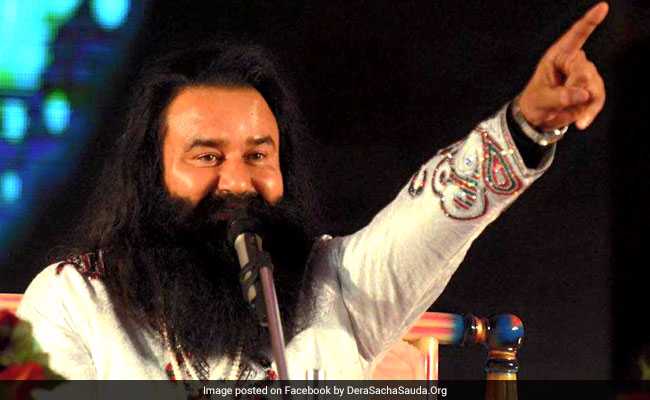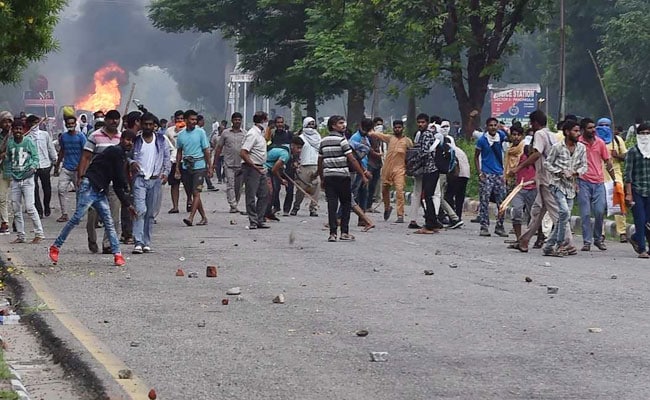Despite intelligence alerts, the authorities recklessly allowed the Dera followers to assemble in tens of thousands in Panchkula well ahead of the judgement last Friday, August 25. A gathering of lakhs of supporters of any supposed godman at a time like this is a sign of trouble. Even the common man would have anticipated a violent eruption soon after the verdict. But surprisingly, the state government had not learnt any useful lessons from the Jat agitation of 2016 where it faced a similar riots.

Violence erupted in Panchkula soon after Gurmeet Ram Rahim Singh was found guilty of rape
So why did the government wait for the situation to get escalated? Why did the government choose to ignore the alerts, allowing the unprecedented congregation of so-called devotees carrying weapons while the cops looked the other way? It is a clear case of political procrastination and deliberate inaction on the part of the authorities to facilitate the entry of the Dera followers in the city.

Gurmeet Ram Rahim Singh has been sentenced to 20 years in jail, 10 years each in two rape cases
Despite the court's conviction, the followers maintained that the Dera Chief is a victim of a conspiracy. As the number of his followers has grown, so has his political network, which empowered his followers to challenge the secular power of the state. The Congress has sought his assistance in fighting assembly elections, as have the BJP and the Akali Dal. It is not a mystery that the self-proclaimed Godman and his devotees are considered to be a precious vote-bank which could influence election results in the states of Haryana, Punjab as well as Rajasthan. From granting tax exemptions to his film to donating to the Dera, the state government and BJP leaders have often played the patron to the Dera.

Supporters of Gurmeet Ram Rahim Singh throw stones at security forces during clashes in Panchkula
Unfortunately, the vulnerable citizens become a prey in the tussle between politics and religious fanaticism. Doesn't our country's constitution read secular? When will our politicians learn that if we keep dividing our society, we will ultimately divide our nation.
(Kalikesh Narayan Singh Deo is a second-time sitting Member of Parliament from Bolangir in Odisha and a prominent leader of the Biju Janata Dal.)
Disclaimer: The opinions expressed within this article are the personal opinions of the author. The facts and opinions appearing in the article do not reflect the views of NDTV and NDTV does not assume any responsibility or liability for the same.


